Interpretations
The fact that both the National Curriculum in England and the national assessment objectives that frame public examinations at GCSE and A-level include a focus on ‘historical interpretations’ (plural) as well as referring separately to students’ own use of evidence – makes it very clear that there is an important distinction between the disciplinary concepts of ‘evidence’ and ‘interpretations’. While the former is concerned with students’ use of sources to develop their own interpretation of events; the latter is concerned with students’ exploration and explanation of how and why interpretations developed by historians differ from one another. (Both have a critical role to plan in students’ historical learning – and both need to be carefully planned!) Giving students the confidence and the knowledge to handle competing interpretations is undoubtedly challenging, but the materials in this section show how careful planning within and across the key stages (including Key Stage 3) can help students of all ages to engage effectively with interpretations examining the relationship between historians’ accounts (in books and on television) and the particular questions that they have chosen to answer, as well as the sources on which they claim to have drawn. Read more
-
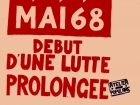
Polychronicon 162: Reinterpreting the May 1968 events in France
ArticleClick to view -

Polychronicon 163: Europe: the longest debate
ArticleClick to view -
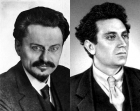
Polychronicon 165: The 1917 revolutions in 2017: 100 years on
ArticleClick to view -
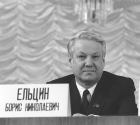
Polychronicon 166: The ‘new’ historiography of the Cold War
ArticleClick to view -
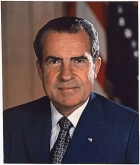
Polychronicon 167: The strange career of Richard Nixon
ArticleClick to view -
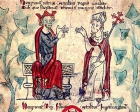
Polychronicon 170: The Becket Dispute
ArticleClick to view -

Putting Catlin in his place?
ArticleClick to view -

Putting life into history: how pupils can use oral history to become critical historians
ArticleClick to view -

Reading? What reading?
ArticleClick to view -

Rethinking progression in historical interpretations through the British Empire
ArticleClick to view -

Right up my street: the knowledge needed to plan a local history enquiry
ArticleClick to view -

Seeing double: how one period visualises another
ArticleClick to view -

Seeing the historical world
ArticleClick to view -

Substantial sculptures or sad little plaques? Making 'interpretations' matter to Year 9.
ArticleClick to view -

Teaching Year 9 about historical theories and methods
ArticleClick to view -
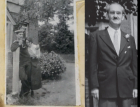
Teaching Year 9 to argue like cultural historians
ArticleClick to view -
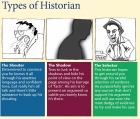
Teaching students to argue for themselves - KS3
ArticleClick to view -
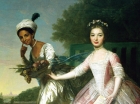
The Power of Context: using a visual source
ArticleClick to view -
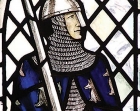
The dialogic dimensions of knowing and understanding the Norman legacy in Chester
ArticleClick to view -

The mechanics of history: interpretations and claim construction processes
ArticleClick to view

